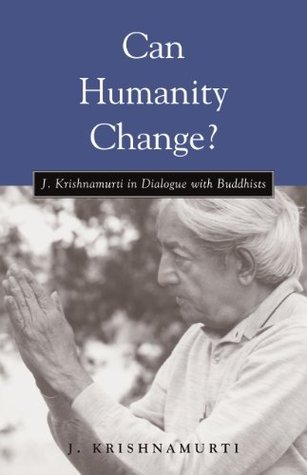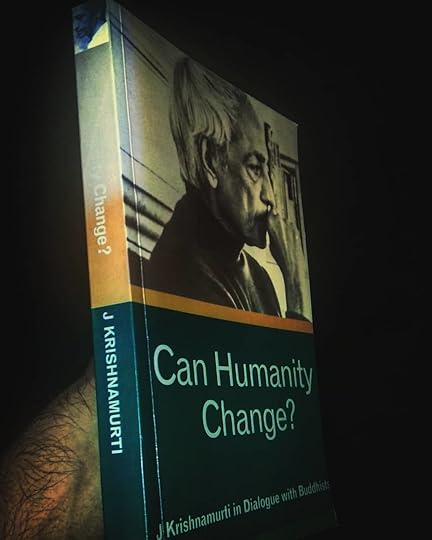What do you think?
Rate this book


Many
have considered Buddhism to be the religion closest in spirit to J.
Krishnamurti's spiritual teaching—even though the great teacher was famous for
urging students to seek truth outside organized religion. This record of a
historic encounter between Krishnamurti and a group of Buddhist scholars
provides a unique opportunity to see what the great teacher had to say himself
about Buddhist teachings. The conversations, which took place in London in the
late 1970s, focused on human consciousness and its potential for
transformation. Participants include Walpola Rahula, the renowned Sri Lankan
Buddhist monk and scholar, author of the classic introductory text
What
the Buddha Taught.
242 pages, Kindle Edition
Published November 11, 2003
